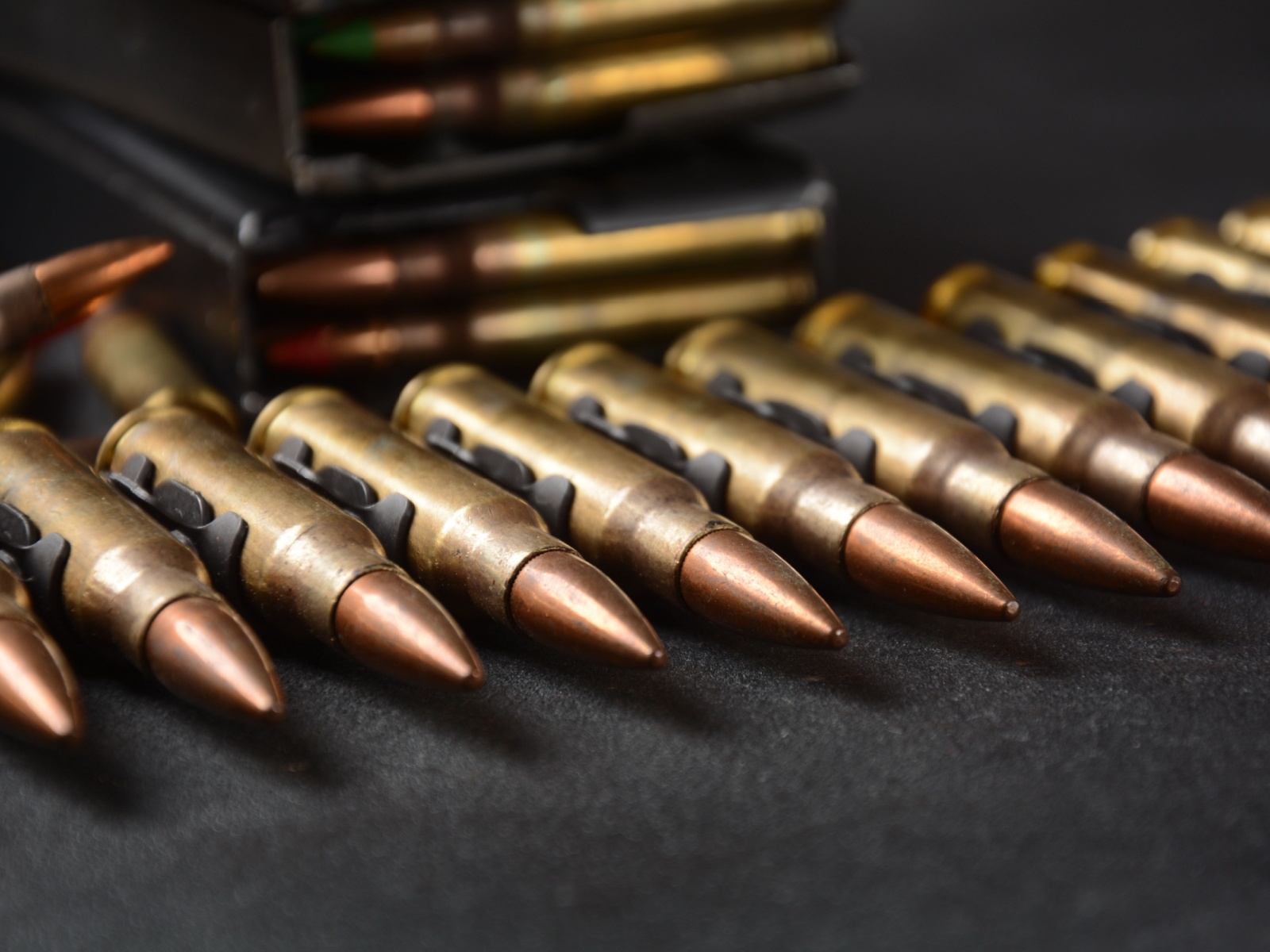JIS K2202 Chemical Stability of Propellants
The JIS K2202 standard is a critical component in the quality assurance and development process for military-grade propellants. This testing method ensures that the chemical stability of these propellants meets stringent requirements, which are essential for reliable performance under various environmental conditions.
Chemical stability is paramount in weapons and ammunition because even minor changes in composition can affect combustion efficiency and safety. The JIS K2202 test evaluates whether a propellant remains chemically stable over time by simulating real-world storage conditions. This ensures that the propellant does not degrade, become unstable, or exhibit unpredictable behavior during critical operations.
The testing protocol involves subjecting samples to controlled environmental conditions such as temperature and humidity fluctuations that mimic typical storage environments. By following this standardized procedure, laboratories can verify compliance with JIS K2202 requirements. This is particularly important for defense manufacturers who must adhere to international standards to ensure the reliability of their products.
The methodology also includes a detailed analysis of chemical composition changes over time. This involves monitoring key parameters like molecular weight distribution and specific gravity, which are indicative of potential degradation processes. Such analyses help identify any signs of instability early on, allowing for corrective actions if necessary.
Another aspect of this test is the evaluation of thermal stability, where samples are subjected to elevated temperatures over prolonged periods. This simulates worst-case storage scenarios in hot climates or during transport. The results provide valuable insights into how well a propellant can withstand such conditions without degrading.
The JIS K2202 standard plays a crucial role in ensuring that military-grade propellants meet the highest quality standards, enhancing both safety and performance on the battlefield. It supports the development of more reliable and effective ammunition, contributing to overall operational readiness.
For defense manufacturers, compliance with this standard is not just about meeting regulatory requirements; it’s about building trust and confidence in their products among end-users. By adhering to rigorous testing protocols like JIS K2202, companies can demonstrate a commitment to excellence that translates into superior product performance and reliability.
Scope and Methodology
The scope of the JIS K2202 test is specifically tailored to evaluating the chemical stability of propellants used in military applications. This includes assessing how well these materials retain their integrity under various environmental conditions, particularly those encountered during storage.
- Environmental Conditions: Temperature and humidity variations mimic actual storage environments.
- Chemical Composition Analysis: Monitoring molecular weight distribution and specific gravity changes over time.
- Thermal Stability Evaluation: Subjecting samples to prolonged exposure at elevated temperatures.
The methodology involves detailed laboratory procedures designed to simulate real-world conditions accurately. These include precise temperature control, humidity regulation, and sample handling protocols to avoid contamination or alterations that could skew results.
Data collection is a critical component of this process, involving regular sampling and analysis throughout the testing period. This ensures continuous monitoring of any changes in chemical composition or physical properties that might indicate instability.
At the conclusion of the test, comprehensive reports are generated detailing all findings. These documents provide detailed insights into the performance of the propellant under various conditions, highlighting areas where improvements may be necessary and confirming compliance with JIS K2202 standards.
Why Choose This Test
- Military-grade reliability: Ensures consistent performance under diverse environmental conditions.
- Compliance with international standards: Aligns with ISO, ASTM, and IEC guidelines for quality assurance.
- Potential cost savings: Identifies issues early, preventing costly rework or product recalls.
- Enhanced safety: Reduces risks associated with unstable propellants in critical applications.
- Improved performance: Optimizes combustion efficiency through precise chemical stability assessment.
- Reputation enhancement: Demonstrates a commitment to high-quality manufacturing practices.
The JIS K2202 test is essential for defense manufacturers seeking to produce reliable and safe propellants. It provides critical data that informs product development decisions, ensuring that only the highest quality materials are used in military-grade applications.
Use Cases and Application Examples
| Application | Description |
|---|---|
| Aircraft Missiles | Evaluating propellants for long-range missiles to ensure consistent performance. |
| Tanks and Artillery Rounds | Testing the stability of propellants in high-temperature environments during transportation and storage. |
| Small Arms Ammunition | Evaluating the chemical stability of small arms ammunition to ensure reliable ignition under various conditions. |
The JIS K2202 test finds extensive application in military testing, particularly for weapons and ammunition. It is used to assess propellants intended for use in aircraft missiles, tanks, artillery rounds, and small arms ammunition. By ensuring chemical stability under various environmental conditions, this test helps maintain the reliability and safety of these critical defense components.





